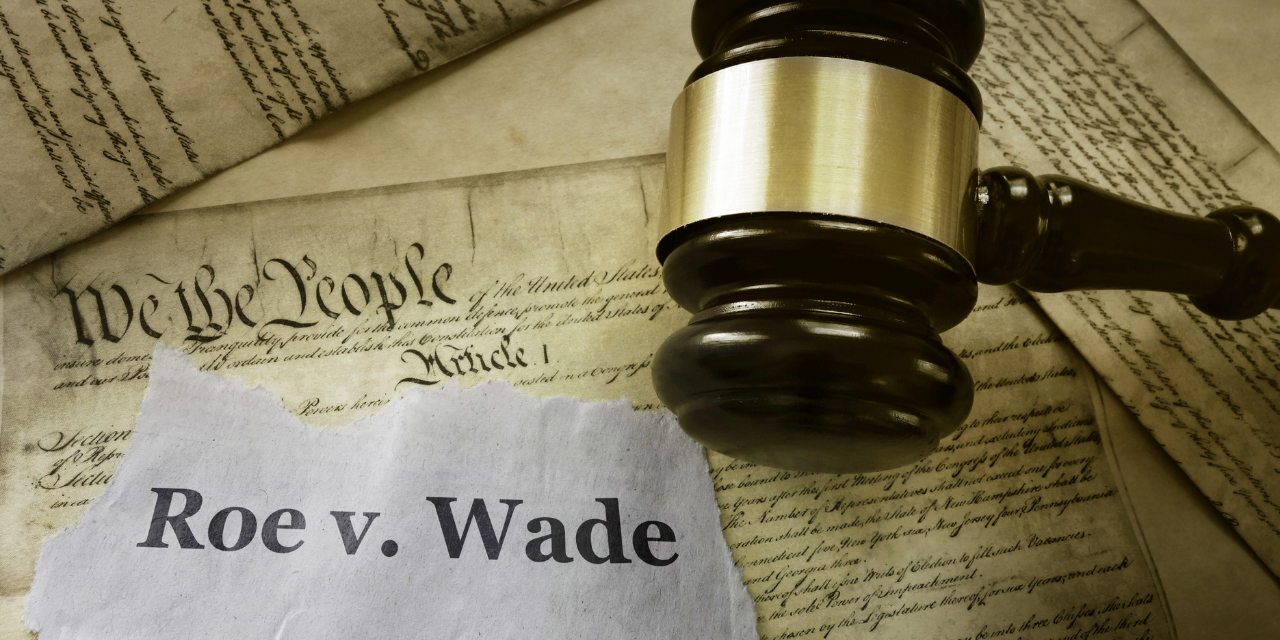In 1973, the United States Supreme Court issued one of the most divisive opinions in its history – Roe v. Wade. Along with its companion case, Doe v. Bolton, decided the same day, the nation’s highest court took the issue of abortion almost completely out of the hands of state legislatures by turning it into a constitutional “right.”
In a 7-2 opinion, written by Justice Harry Blackmun, the court struck down a Texas criminal law prohibiting abortion, and in doing so, created its own “law” of abortion that divided pregnancy into three trimesters and outlined what a state’s limited interest might be in regulating abortion. And with the broad definition of the “health of the mother” outlined in the Doe case, the combined effect of both decisions was to handcuff state legislatures by allowing abortion through all nine months of pregnancy.
Yet there were two dissenting voices on the court in 1973: then-Associate Justice William Rehnquist, a President Richard Nixon appointee who would later be elevated to Chief Justice; and Associate Justice Byron White, appointed by President John F. Kennedy. While Rehnquist’s dissent – which White joined – was more academic and dealt with his constitutional analysis of the right of privacy, White’s dissent – which Rehnquist joined – was much more readable and still speaks to the problems created by Roe nearly 50 years later.
White first describes in practical terms what Blackmun’s opinion for the majority of the court stood for, and then rejected it.
“The Court for the most part sustains this position: During the period prior to the time the fetus becomes viable, the Constitution of the United States values the convenience, whim, or caprice of the putative mother more than the life or potential life of the fetus; the Constitution, therefore, guarantees the right to an abortion as against any state law or policy seeking to protect the fetus from an abortion not prompted by more compelling reasons of the mother. With all due respect, I dissent,” he wrote.
White then looked for a basis for the so-called right to abortion and found none.
“I find nothing in the language or history of the Constitution to support the Court’s judgment. The Court simply fashions and announces a new constitutional right for pregnant mothers and, with scarcely any reason or authority for its action, invests that right with sufficient substance to override most existing state abortion statutes.”
Almost 50 years later, even liberal commentators agree with White’s assessment that there is little to no constitutional basis for the decision.
So, what does Roe really represent? White’s condemnation sounds a lot like something a future member of the court, Antonin Scalia, said many times when faced with an activist court decision:
“As an exercise of raw judicial power, the Court perhaps has authority to do what it does today; but in my view its judgment is an improvident and extravagant exercise of the power of judicial review that the Constitution extends to this Court.”
White wraps up his dissent by pointing to the true source of authority when it comes to the abortion issue:
“This issue, for the most part, should be left with the people and to the political processes the people have devised to govern their affairs.”
And should the Supreme Court overturn Roe v. Wade in its upcoming decision in Dobbs v. Jackson Women’s Health Organization, White, along with his co-dissenter Rehnquist, will finally, after a half-century, be vindicated.
Photo from Shutterstock.






